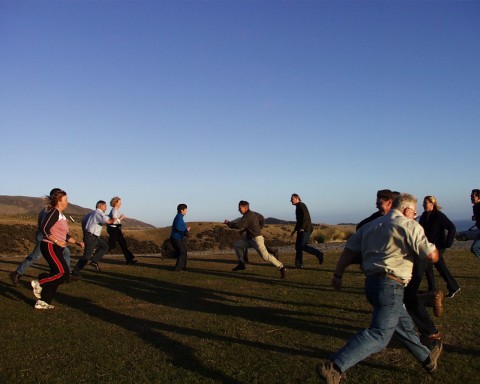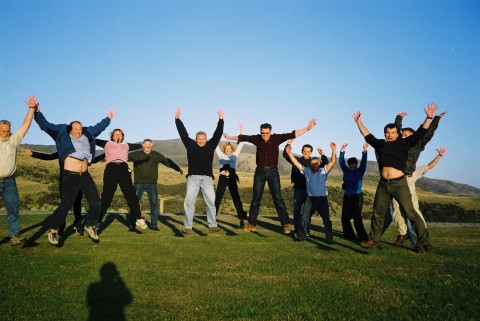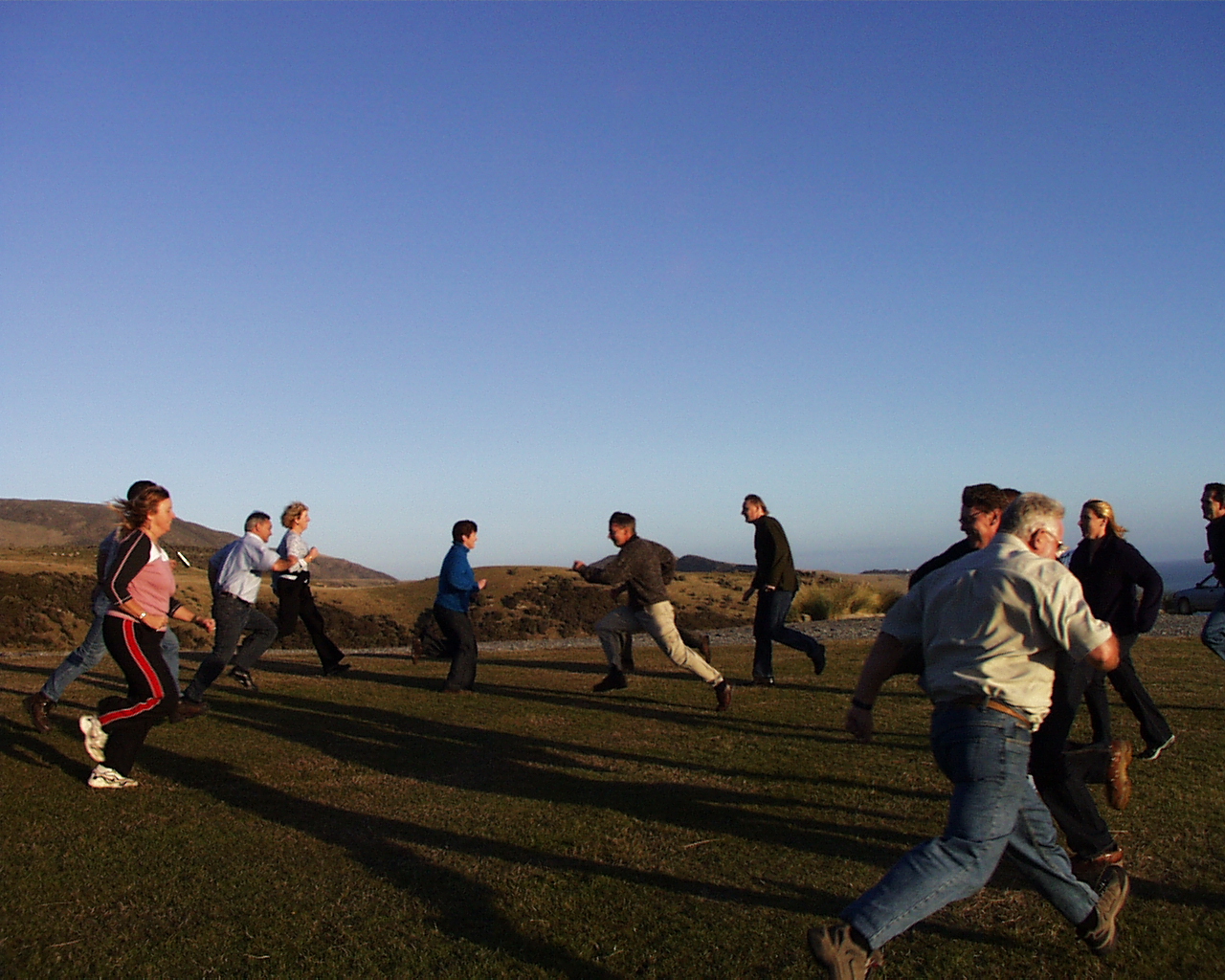Take me to Odessa
Stories matter: we all know that. Story telling is as important to human beings as air and water. When it comes to group facilitation though, the best kinds of stories – stories that can lift a group out of its quotidian concerns and self limiting beliefs – often emerge at the margins. And no matter how smart the workshop design, the best moments are unpredictable.
Several years ago, I ran a six month business development program for a group of contract managers scattered throughout the north island of New Zealand with colleague, Chia Moan. These managers were practical no-nonsense people. They were responsible for running service contracts for steel mills, telecommunications providers, property developers and local councils, and they anticipated a no-nonsense approach to learning.
We gathered in Wellington on the first day of the program in offices belonging to the multinational company for whom they worked. Scoping projects and setting up the program’s parameters took up most of the first day. The following day we had arranged a secret location.
Element of surprise
Participants gathered early on day two, not knowing where they were going or what they would be doing. The bus arrived at 7.30 am. They were given journals and asked to record what they saw and felt as we made our way out of Wellington past the now trendy seaside villages nestled into the ridge that encircles the city. Our destination was a working sheep farm called Pencarrow Lodge, perched on a hill overlooking the Tasman Sea at the southern most tip of the north island.

Making the most of our unique venue. Photo: Chia Moan
The bracing air, open verandas, log fire, spectacular vistas, and intermittent sounds of sheep and dogs, induced a slow and intimate mood among participants. It was a magical day and, although we had to return to Wellington to sleep, watching the sun set from the wide veranda before settling down to a candlelit dinner around a long refectory table was like spending an intimate evening with old friends.
Something surprising happened then, something that Chia and I could never have manufactured. I spontaneously lifted my glass of wine and started toasting. Words like: ‘I toast my mother’s mother’s mother for having the good sense to grow up a country girl and pass on her practical skills to her daughter’s daughter’s daughter,’ seemed to flow from my lips.
I then told them the story of my visit to Odessa in Ukraine several years earlier. My travel partner and I were official guests of the Gorky Scientific Library. Our official dinners and lunches were lubricated with an endless supply of Odessan champagne and Russian vodka. At every event there were rounds of toasting, which became more hyperbolic as the night wore on.
The group soaked up the spirit and poetry of toasting like good Odessan champagne. From that moment on, throughout this first dinner and every subsequent one we shared as a group, someone would pause, lift their glass and make another outrageous, funny or poignant toast like: “I toast my grandmother for teaching me to make scones as a young boy and appreciate the company of strong women – making me an ideal catch for any woman who wants me!” or “I toast all INTJs ( a Myers-Briggs type) who have given the world strategic planning and without whom it would whither on the vine like grapes in a drought.”

The Toasters jump for joy. Photo: Chia Moan
Stories can linger in our consciousness like catchy melodies. Toasting became a motif that ran throughout the six month program and was a constant source of validation and fun. So taken were they by the toasting story from then on the group called itself ‘The Toasters’. I’m not sure if anyone ever visited Odessa, and I should point out that we actually did some productive work amidst all those rounds of toasting.



